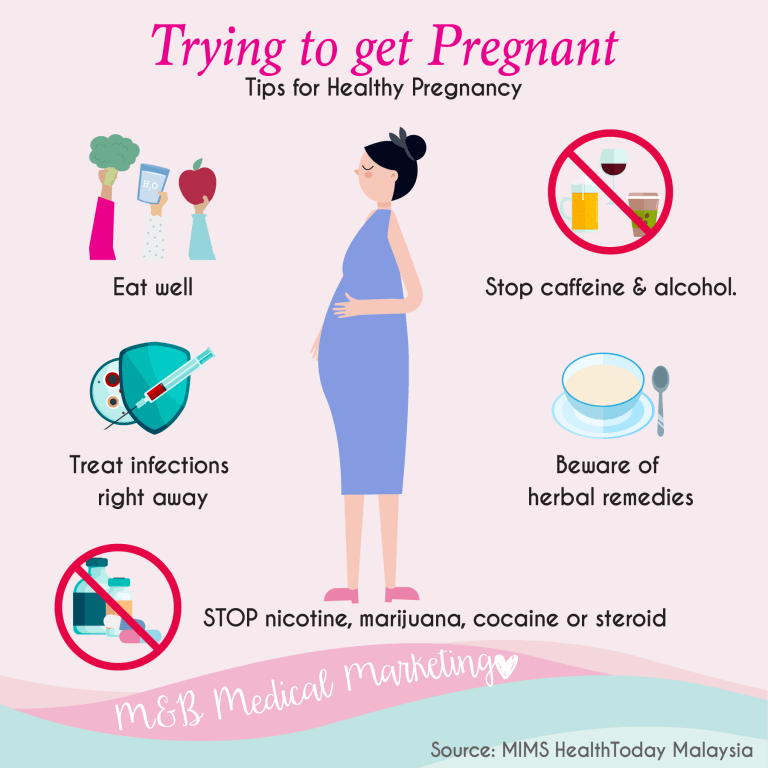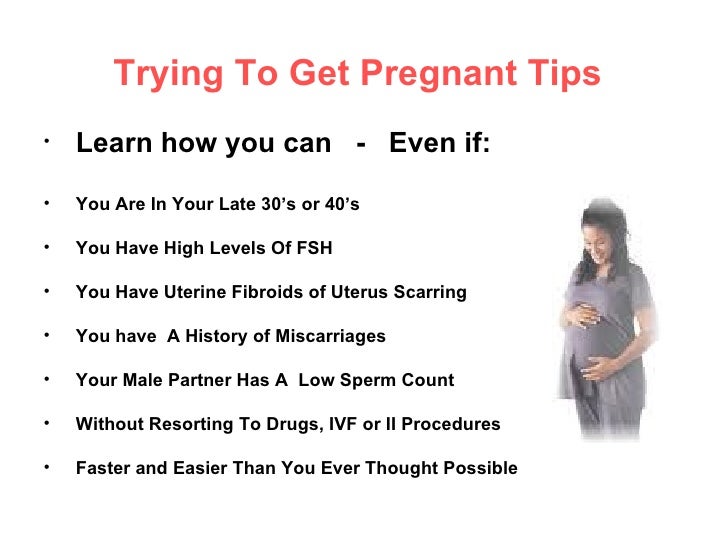When trying to conceive, couples often wonder whether peeing after sex affects their chances of getting pregnant. This question is one of the most common concerns among those on the journey to parenthood. Understanding the science behind conception and the role of bodily functions like urination is essential for making informed decisions.
Many factors influence fertility, and while some are within your control, others may not be as straightforward. One of the simplest questions couples face is whether urinating after intercourse impacts sperm mobility or the chances of conception. In this article, we will explore this topic in detail, providing evidence-based information to help you make the best choices for your reproductive health.
Whether you're just starting your journey to parenthood or have been trying for a while, it's important to gather accurate information. This guide will cover everything from the biological processes involved in conception to practical tips for optimizing your chances of getting pregnant.
Read also:Ana Pausal The Rising Star In The World Of Entertainment
Understanding the Basics of Conception
To address the question of whether you should pee after sex when trying to conceive, it's crucial to first understand how conception works. Conception occurs when a sperm cell fertilizes an egg. This process involves several steps:
- Sperm must travel through the cervix and into the uterus.
- The sperm then moves into the fallopian tubes, where fertilization typically occurs.
- The timing of intercourse is critical, as the egg is only viable for about 12-24 hours after ovulation.
For couples trying to conceive, understanding these processes can help them make decisions that may improve their chances of success.
Does Peeing After Sex Affect Sperm Mobility?
One of the main concerns people have is whether peeing after sex flushes out sperm, reducing the chances of conception. The answer lies in understanding the anatomy of the female reproductive system:
Anatomy and Physiology
The urethra, the tube through which urine exits the body, is separate from the vaginal canal. This means that urinating after sex does not directly affect sperm that has already entered the cervix and moved toward the uterus. However, it's important to note that:
- Peeing after sex may help reduce the risk of urinary tract infections (UTIs), which can indirectly impact fertility.
- Some sperm may be expelled during urination, but this is generally a small amount compared to what has already traveled further into the reproductive tract.
Why Do Experts Recommend Peeing After Sex?
While peeing after sex may not significantly impact conception, it is still recommended by many healthcare professionals for other reasons:
Reducing the Risk of UTIs
Urinary tract infections are more common in women, and sexual activity can increase the risk of infection. Peeing after sex helps flush out bacteria that may have been introduced during intercourse, reducing the likelihood of developing a UTI.
Read also:What High School Did Addison Rae Go To Unveiling The Educational Journey Of A Tiktok Sensation
According to the American Pregnancy Association, UTIs can lead to complications during pregnancy, making prevention an important consideration for couples trying to conceive.
Practical Tips for Optimizing Fertility
While the decision to pee after sex is largely a personal one, there are other steps couples can take to improve their chances of conceiving:
Timing Intercourse Around Ovulation
Ovulation is the most fertile time in a woman's cycle. Tracking ovulation using methods such as:
- Ovulation predictor kits
- Basal body temperature monitoring
- Cervical mucus observation
can help couples time intercourse for maximum effectiveness.
Improving Sperm Health
Men can also take steps to improve their fertility, such as:
- Eating a balanced diet rich in antioxidants
- Avoiding smoking and excessive alcohol consumption
- Managing stress and maintaining a healthy weight
Addressing Common Myths About Conception
There are many myths surrounding conception, and it's important to separate fact from fiction:
Myth: Lying Down After Sex Increases Chances of Conception
While some people believe lying down or elevating the hips after sex helps sperm reach the egg, there is limited scientific evidence to support this claim. What matters most is ensuring sperm enters the cervix, which happens almost immediately after ejaculation.
Myth: Peeing After Sex Prevents Pregnancy
Peeing after sex does not act as a form of contraception. If you're concerned about preventing pregnancy, it's important to use reliable methods such as condoms or hormonal birth control.
When to Seek Medical Advice
For couples struggling to conceive, seeking medical advice can be beneficial. If you've been trying for more than a year (or six months if you're over 35), it may be time to consult a fertility specialist. Common issues that can affect fertility include:
- Polycystic ovary syndrome (PCOS)
- Endometriosis
- Low sperm count or motility
According to the Centers for Disease Control and Prevention (CDC), about 12% of women in the U.S. have difficulty getting pregnant or carrying a pregnancy to term.
Nutrition and Lifestyle Factors
Both partners' health plays a significant role in fertility. Here are some lifestyle tips to consider:
For Women
- Maintain a healthy weight through a balanced diet and regular exercise.
- Take prenatal vitamins containing folic acid to support early pregnancy.
For Men
- Avoid exposure to toxins such as pesticides or heavy metals.
- Stay hydrated and avoid hot baths or saunas, which can lower sperm count.
Mental Health and Stress Management
Stress can impact fertility by disrupting hormonal balance. Techniques such as:
- Meditation
- Yoga
- Counseling
can help reduce stress levels and improve overall well-being.
Conclusion
In summary, peeing after sex when trying to conceive is generally safe and can help reduce the risk of UTIs. However, it does not significantly impact sperm mobility or the chances of conception. By focusing on other factors such as timing intercourse around ovulation, maintaining a healthy lifestyle, and seeking medical advice when needed, couples can optimize their chances of success.
We encourage you to share this article with others who may benefit from the information. If you have any questions or experiences to share, feel free to leave a comment below. For more articles on fertility and reproductive health, explore our website further.
Table of Contents
- Understanding the Basics of Conception
- Does Peeing After Sex Affect Sperm Mobility?
- Why Do Experts Recommend Peeing After Sex?
- Practical Tips for Optimizing Fertility
- Addressing Common Myths About Conception
- When to Seek Medical Advice
- Nutrition and Lifestyle Factors
- Mental Health and Stress Management
- Conclusion


